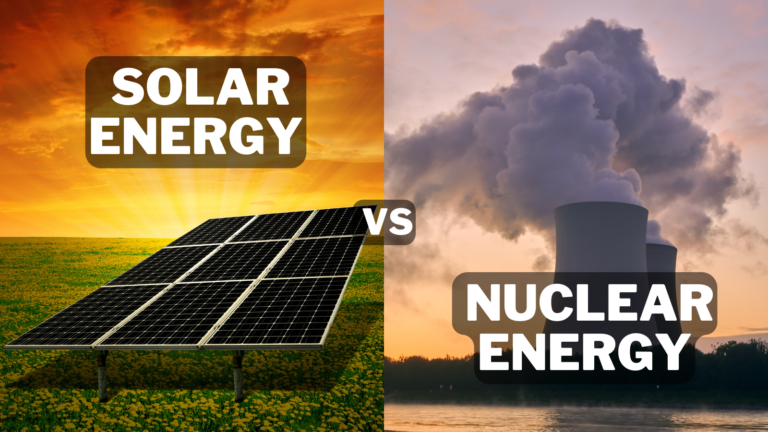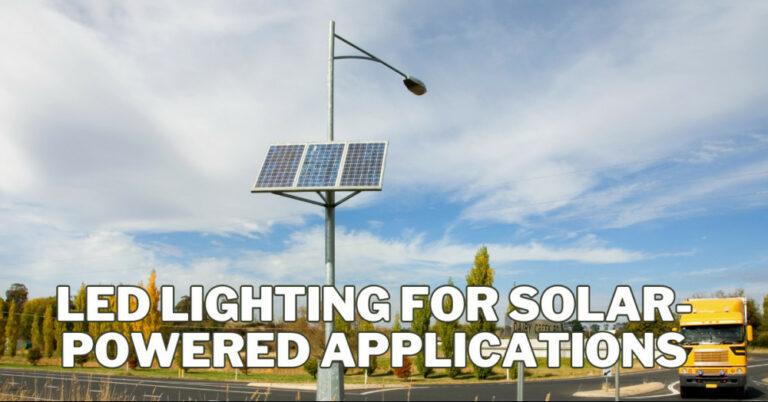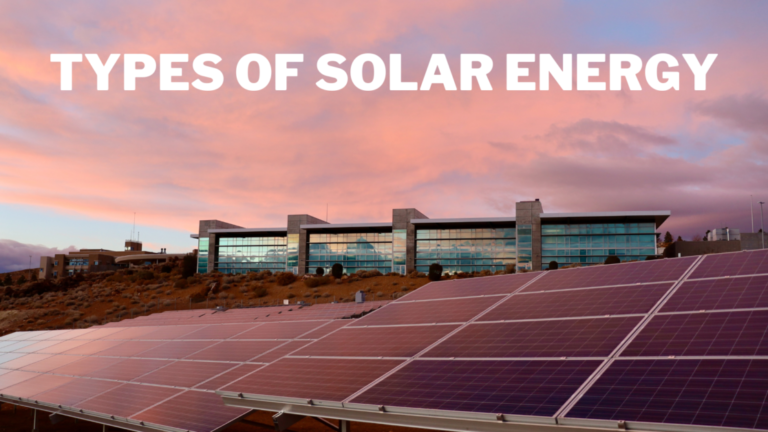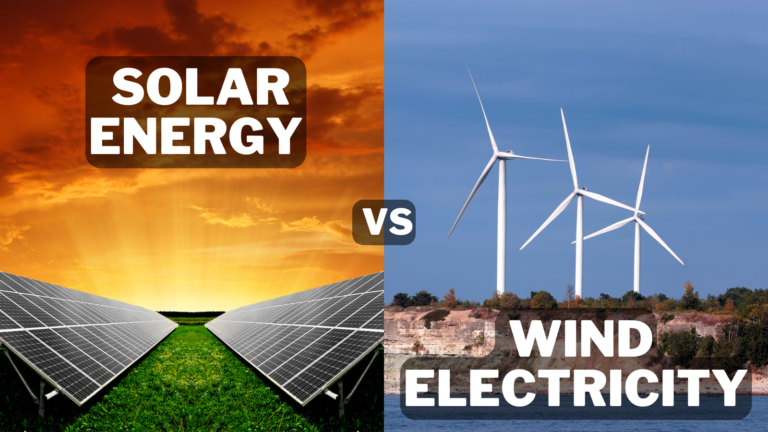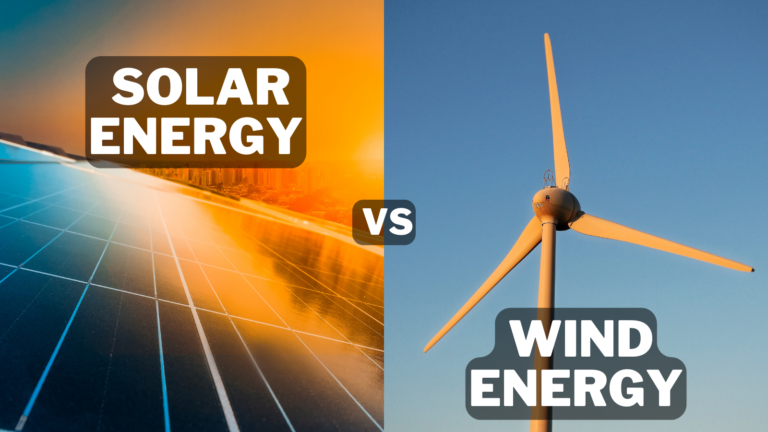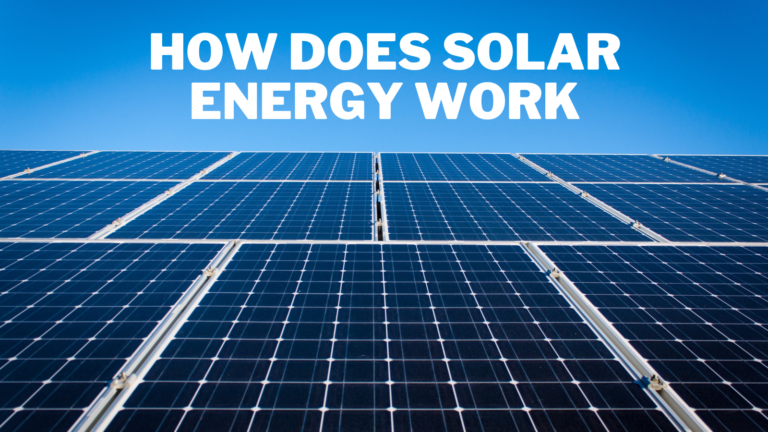Solar Energy Advantages And Disadvantages
Solar Energy Advantages And Disadvantages
Solar energy is becoming increasingly popular for households, communities, and businesses seeking to reduce their carbon footprint and improve energy security.
This clean, renewable, and widely available energy source has many advantages, including low operating costs and reduced dependence on fossil fuels. However, solar energy also has disadvantages, such as high upfront costs and limitations in energy storage capacity.
This blog post will take a closer look at solar energy's advantages and disadvantages to help you decide whether it is the right choice. We will explore factors such as the cost of energy storage systems, land use requirements, and maintenance requirements of solar energy systems.
We will also discuss advances in solar technology and the potential benefits of using solar energy for the environment and the economy. Whether you are considering solar power for your home, business, or community, this blog post will provide valuable information and insights to help you make an informed decision.

What Is Solar Energy?
Solar energy is a form of renewable energy derived from the sun's radiation. It is considered one of the cleanest and most abundant energy sources. The sun provides more energy in just one hour than the world's population uses in one year.
The basic principle behind solar energy is to convert the sun's light into electricity through photovoltaic cells, also known as solar panels. Photovoltaic cells are made of semiconductor materials, typically silicon, that absorb photons from the sun and release electrons. These electrons are then captured by a circuit and converted into electricity.
Solar panels are typically installed on rooftops or in large solar farms and can be used to power homes, businesses, and entire communities. They can be connected to the grid, allowing homeowners to use the electricity they generate and sell any excess back to the grid. They can also be installed as standalone systems for off-grid applications.
In addition to photovoltaic cells, other technologies for harnessing solar energy, such as concentrated solar power (CSP) systems. CSP systems use mirrors or lenses to concentrate the sun's energy and convert it into heat, which is then used to generate electricity through a steam turbine.
One of the main advantages of solar energy is that it is a clean, renewable energy source that produces no emissions or pollution. It also has the potential to reduce our dependence on non-renewable energy sources and promote energy independence, especially in communities that are not connected to the grid.
However, there are also disadvantages, such as the high upfront installation cost and the need for clear and sunny conditions to generate maximum energy output. Additionally, the efficiency of photovoltaic cells can decrease over time and can be affected by weather conditions, such as dust and shading.
Overall, solar energy is a promising technology with the potential to play a significant role in meeting our energy needs while also addressing environmental concerns.
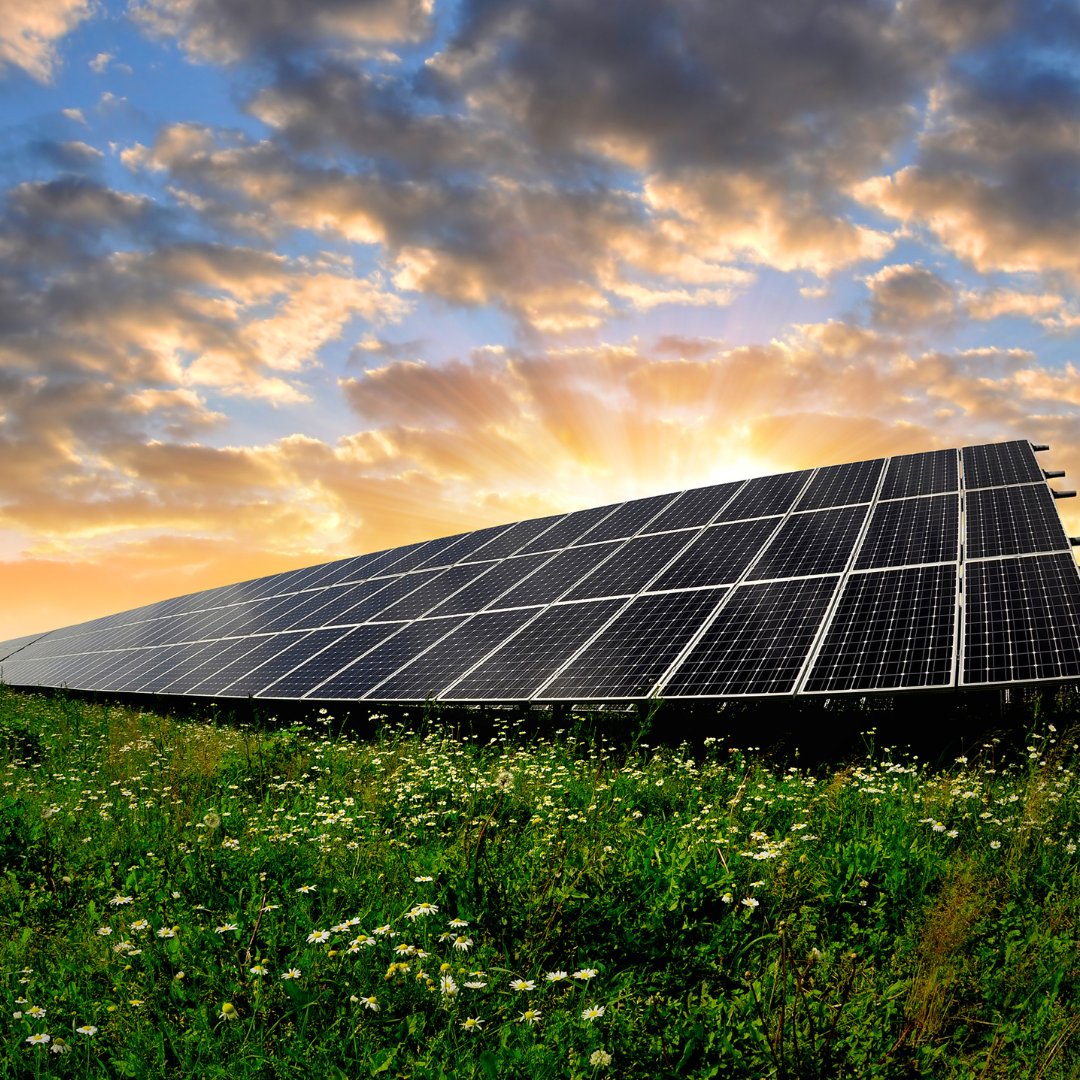
Solar Energy Advantages
Solar energy is a clean, renewable energy source with numerous advantages over traditional fossil fuel sources. Here are some of the key benefits of solar energy in detail:
1. Clean Energy
The generation of electricity from traditional fossil fuels, such as coal, oil, and natural gas, results in the emission of pollutants such as sulphur dioxide, nitrogen oxides, and carbon dioxide, contributing to air pollution and global warming.
These pollutants can seriously impact human health and the environment, including respiratory problems, increased risk of heart disease, and acid rain.
In contrast, solar energy is a clean, renewable energy source that produces no harmful emissions or pollutants. Using solar panels to generate electricity does not release toxic chemicals into the atmosphere, making it a much cleaner and greener alternative to traditional energy sources.
Additionally, solar energy can help reduce greenhouse gas emissions, the leading cause of climate change. By reducing the use of fossil fuels and transitioning to renewable energy sources, we can help slow the rate of climate change and preserve the environment for future generations.
Another advantage of solar energy is that it does not require the extraction, transportation, or processing of raw materials, which can have significant environmental impacts, such as land degradation, deforestation, and water pollution.
Solar panels comprise relatively simple and non-toxic materials; their manufacture and disposal do not contribute to environmental degradation.
The clean energy aspect of solar energy is one of its most important advantages, as it provides a much cleaner and greener alternative to traditional energy sources. Solar energy can reduce air and water pollution, decrease greenhouse gas emissions, and help preserve the environment for future generations.
2. Abundant And Widely Available
The sun is the ultimate energy source for all life on Earth, and its energy is much and virtually limitless. The energy produced by the sun in just one hour is far greater than the amount consumed by the world's population in one year.
Because of this abundance, solar energy is widely available everywhere. It can be harnessed in areas far from the electrical grid, providing access to clean energy for communities not connected to traditional energy sources.
This makes it a valuable source of energy for rural communities, remote locations, and disaster zones, where access to power is critical.
Solar panels can be installed in various areas, including homes, businesses, schools, and public buildings. They can also be installed on rooftops, open fields, and large-scale solar farms, providing a flexible and scalable energy solution.
Furthermore, solar energy is a sustainable energy source that can be harnessed for generations. Unlike fossil fuels, which are finite resources that will eventually run out, the sun will continue to provide energy for billions of years to come. This makes it a valuable energy source for future generations, ensuring we can continue enjoying its benefits for many years.
In conclusion, the abundance and availability of solar energy are one of its key advantages, making it a valuable source of energy for communities all over the world. By harnessing this abundant and widely available energy source, we can provide access to clean energy for everyone, everywhere, and ensure a sustainable future.

3. Cost-Effective
The cost of solar energy has declined significantly in recent years, making it an increasingly cost-effective option for consumers and businesses.
The cost of photovoltaic (PV) solar panels, the main component of solar energy systems, has decreased dramatically. The cost of installing solar panels has also fallen as the technology has improved and become more widely available.
In addition to the initial cost savings, solar energy systems require very little maintenance once installed. This can reduce long-term costs and increase the overall cost-effectiveness of the system.
The only maintenance required is periodic cleaning to ensure that the panels are free of dust and debris, which can affect their efficiency.
Many countries offer government incentives and subsidies to encourage the adoption of solar energy. These incentives can include tax credits, rebates, and grants, which can further reduce the cost of installing solar panels.
These incentives are designed to make solar energy more accessible to consumers and businesses and to encourage the widespread adoption of clean energy.
The cost-effectiveness of solar energy is one of its key advantages, making it an attractive option for consumers and businesses looking for a clean, renewable energy source. With its low long-term costs, government incentives, and increasing affordability, solar energy is becoming an increasingly accessible and cost-effective option for people worldwide.
4. Reduces Dependence On Non-Renewable Energy Sources
Fossil fuels, such as coal, oil, and natural gas, are finite resources becoming increasingly scarce and expensive. In addition, their use results in the emission of harmful pollutants and greenhouse gases, contributing to environmental problems such as air and water pollution and climate change.
We can reduce our dependence on these non-renewable energy sources by using solar energy, promoting energy independence and ensuring a sustainable future. Solar energy is a clean and renewable source of energy that can be harnessed for generations. Unlike fossil fuels, the sun will continue to provide energy for billions of years.
In addition, the use of solar energy can reduce the number of carbon emissions that are produced from the use of traditional energy sources. This can help mitigate the effects of climate change, one of the biggest environmental challenges facing the world today.
Furthermore, as the energy demand continues to grow, it is becoming increasingly important to find alternative sources of energy that are abundant and widely available, sustainable and environmentally friendly. Solar energy fits this description perfectly, and as such, it is becoming an increasingly popular alternative to traditional fossil fuels.

5. Grid Independence
Installing solar panels as standalone systems can allow households and communities to generate electricity and become independent from the traditional electrical grid. This can provide several benefits, particularly for remote communities or areas prone to power outages.
For example, the cost and logistics of extending the electrical grid can be prohibitive in remote communities. These communities can generate their electricity by installing solar panels, providing a reliable power source even if they are not connected to the grid.
A standalone solar energy system can provide peace of mind in areas prone to power outages. In a power outage, households and communities with solar panels will still have access to electricity, ensuring that essential services such as lighting, heating, and cooling can continue to operate.
In addition, grid independence can also provide consumers with greater control over their energy use and costs. By generating their electricity, consumers can take charge of their energy consumption, reducing their dependence on the traditional electrical grid and potentially reducing their energy costs.
Finally, grid independence can also help to increase energy security. By reducing dependence on the traditional electrical grid, communities and households can become less vulnerable to power outages and energy disruptions, helping to ensure a stable and secure energy supply.
Grid independence is a significant advantage of solar energy, particularly for remote communities and areas prone to power outages. Solar panels enable households and communities to generate electricity, providing them with a reliable and secure energy source, even without the traditional electrical grid.
6. Job Creation
The growth of the solar energy industry can create new jobs in various areas, including manufacturing, installation, and maintenance. This can positively impact local economies, helping to create new job opportunities and stimulate economic growth.
For example, manufacturing solar panels and related components requires a skilled workforce, creating new job opportunities in the manufacturing sector. The installation and maintenance of solar panels also require a skilled workforce, providing further job opportunities in these areas.
In addition, the growth of the solar energy industry can also lead to the creation of new, specialized jobs in areas such as project management, research and development, and sales and marketing. This can increase the diversity of job opportunities available in the energy sector.
Furthermore, the solar energy industry's growth can also positively impact other sectors of the economy. For example, installing solar panels can increase demand for electrical and building services, stimulating economic growth and creating new job opportunities.
Job creation is a key advantage of the growth of the solar energy industry. By creating new job opportunities in various areas, the solar energy industry can help stimulate local economies and provide new career paths for workers. This can promote economic growth and increase energy independence, contributing to a more sustainable and secure future.
7. Improves Energy Security
Energy security is another important advantage of solar energy. Here's more information:
Solar energy can help improve energy security by reducing dependence on imported energy sources. This can be especially important for countries heavily reliant on imported fossil fuels, vulnerable to supply disruptions and price fluctuations.
For example, when a country generates a significant portion of its energy from solar power, it is less reliant on imported energy sources, reducing its exposure to the fluctuations of the global energy market. This can help ensure a stable and reliable energy supply, even in times of volatility in the global energy market.
In addition, the decentralized nature of solar energy systems can also help to improve energy security. For example, households and communities that generate electricity from solar panels are less vulnerable to power outages and supply disruptions as they are not dependent on the centralized energy grid.
Furthermore, the solar energy industry's growth can also help improve energy security by reducing dependence on a single energy source. For example, suppose a country has a diverse energy mix that includes solar energy. In that case, it is less vulnerable to supply disruptions and price fluctuations, as it has a more resilient energy system.
In conclusion, energy security is an important advantage of solar energy. By reducing dependence on imported energy sources and improving the energy system's resilience, solar energy can help to ensure a stable and reliable supply of energy, contributing to a more secure and sustainable energy future.
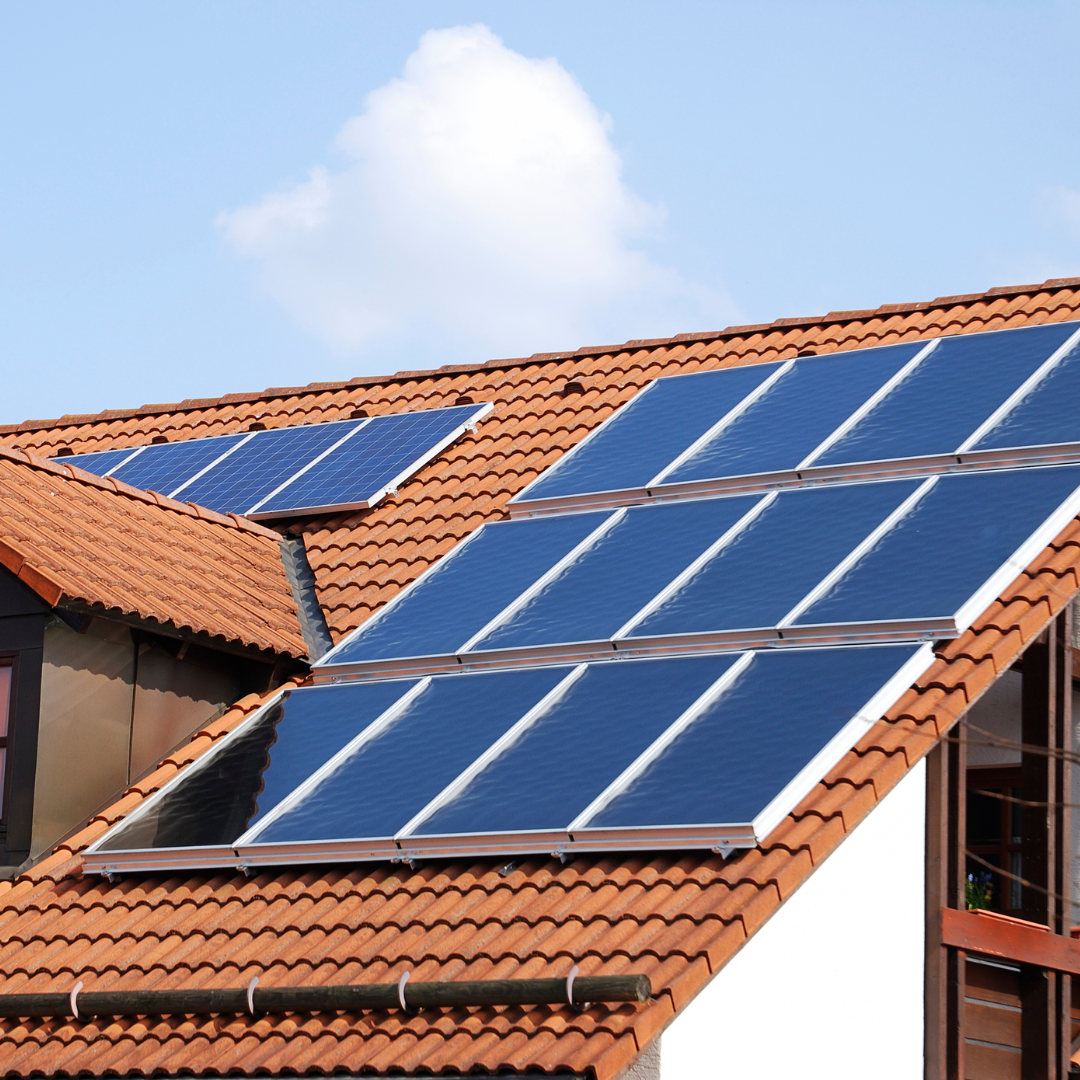
Disadvantages Of Solar Energy
While solar energy has many advantages, some disadvantages are worth considering. Here are a few key disadvantages of solar energy with examples:
1. High Upfront Costs
Initial costs can be a hindrance, but it's important to consider the long-term benefits and savings on energy bills that come with switching to solar energy. The cost of solar power has been declining steadily in recent years.
Many financing options, such as loans and leases, are available to help reduce the burden of upfront costs. Furthermore, government incentives and subsidies can also help offset the cost of installation.
In addition, the costs associated with solar energy are not just limited to installing panels. Other prices, such as batteries to store excess energy, inverters to convert DC power generated by the panels to AC power for use in the home, and regular maintenance, should also be considered.
Despite the high upfront costs, many households and communities choose to invest in solar energy because of the long-term benefits, including cost savings on energy bills and reduced dependence on non-renewable energy sources.

2. Dependence On Weather Conditions
This is a valid concern, as weather conditions can impact the availability and efficiency of solar energy. This can be especially problematic in areas with frequent cloudy or overcast days or regions with long periods of darkness, such as during the winter months.
However, advances in solar panel technology and energy storage systems have helped to mitigate the dependence on weather conditions. For example, using batteries to store excess energy generated by solar panels on sunny days can help ensure a consistent energy supply, even on cloudy or overcast days.
In addition, advances in weather forecasting technology have also helped improve solar energy generation's predictability. This allows households and communities to plan better, manage their energy use, and minimize weather-related disruptions' impact.
Overall, while dependence on weather conditions remains a challenge, it is a manageable one that can be addressed through technology and planning.
3. Limited Energy Storage Capacity
The current technology for energy storage is limited in terms of storage capacity and duration. The amount of energy that can be stored in a battery is limited by its physical size, and the energy stored can only be used for a limited amount of time before it needs to be recharged.
This can be problematic for households and communities that rely on solar energy, as they need to store enough energy to meet their needs during periods of low solar output, such as during cloudy weather or at night.
Additionally, the cost of energy storage systems can be a significant barrier to the widespread adoption of solar energy. While these systems have decreased in recent years, they still represent a significant upfront investment for households and communities, and the cost can be prohibitively high for some.
To address these challenges, researchers and engineers are working to develop new and more efficient energy storage technologies that can store more energy for longer periods and at a lower cost. However, these efforts are still in the early stages, and it will likely be several years before these technologies become widely available.
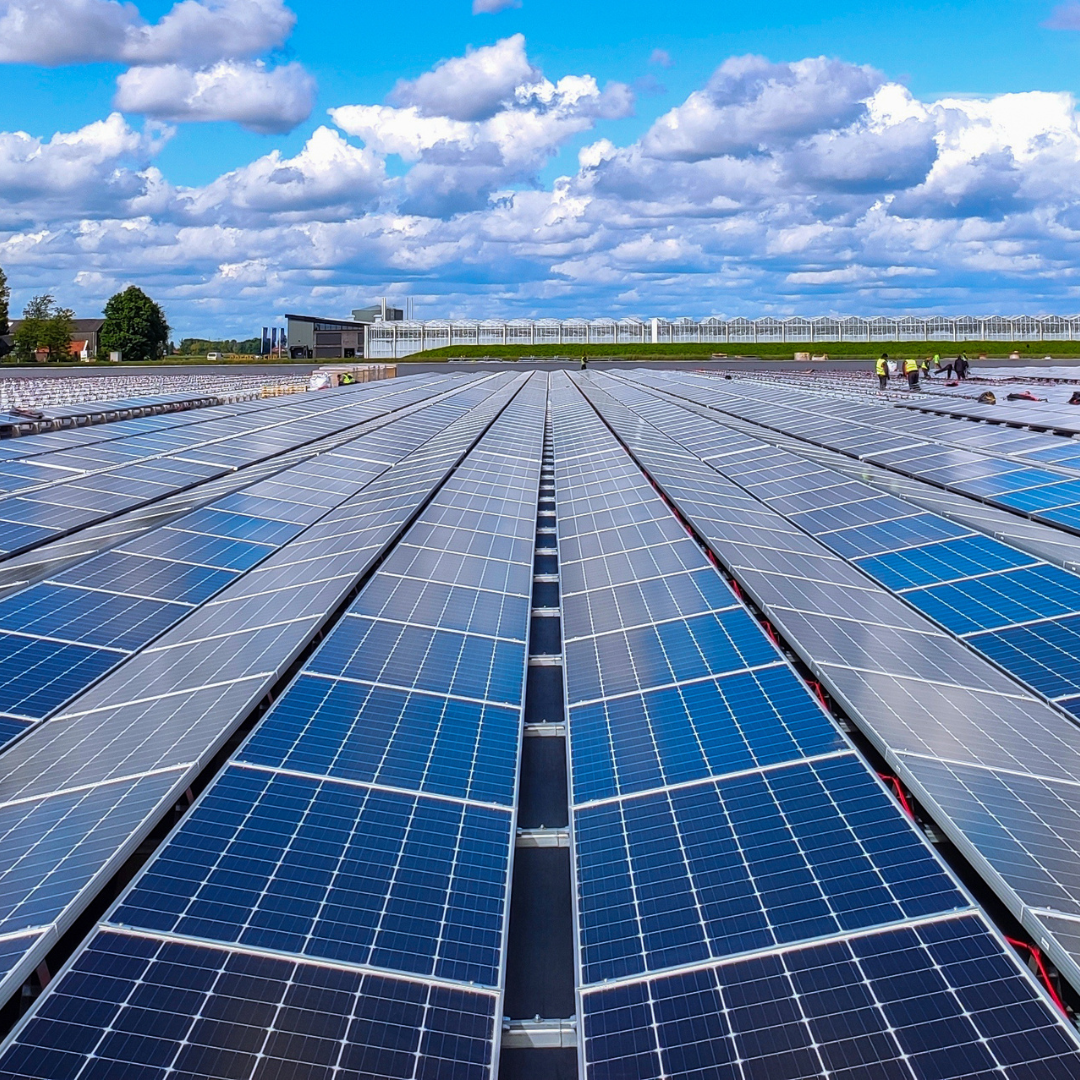
4. Land Use
Indeed, one of the main challenges of solar energy is the land use requirement. Solar panels need to be installed in an area with enough space to accommodate a sufficient number of panels to generate the desired energy. This can be a challenge in densely populated areas or in areas with limited land availability.
In some cases, large-scale solar projects may need to be located on agricultural land, which can impact local farmers and their livelihoods.
This can lead to conflicts between the energy and farming sectors and environmental concerns about the impact of solar projects on biodiversity and wildlife habitat.
Another area for improvement with land use for solar energy is that the land used for solar panels is not available for other services, such as agriculture or urban development. This can limit the potential for other land use types in an area and impact the local economy and tax base.
To address these challenges, researchers and engineers are developing new and more efficient solar technologies that can generate more energy per unit of land. For example, some researchers are developing new types of solar panels that can be integrated into buildings, reducing the need for dedicated land for energy production.
Others are working on new energy storage systems that can store energy for longer, reducing the land-use requirement for solar energy systems. However, these efforts are still in the early stages, and it will likely be several years before these technologies become widely available.
5. Maintenance Requirements
The maintenance requirements of solar energy systems are important, especially for households and communities unfamiliar with the technology. While the solar panels require very little maintenance, the supporting equipment, such as inverters and batteries, may need to be replaced or repaired over time.
This can increase the long-term costs of a solar energy system and may make it challenging for households and communities to keep their systems running smoothly.
Inverters are an important component of a solar energy system. They convert the direct current (DC) electricity the solar panels produce into alternating (AC) electricity that appliances and equipment can use. Inverters may need to be replaced or repaired over time due to wear and tear or malfunction.
Similarly, batteries are an important component of a solar energy system, as they store energy that can be used during periods of low solar output. Batteries may also need to be replaced or repaired over time as their capacity and performance decrease.
Suppose a household's solar panels are located in a difficult-to-reach location, such as on a rooftop or in a remote area. In that case, it may be expensive and time-consuming to perform maintenance. This can be a significant challenge for households and communities and may make it difficult to keep their systems running smoothly.
To address these challenges, it is important for families and communities to be well-informed about the maintenance requirements of their solar energy systems and to have a plan in place for addressing any issues that may arise.
This may involve regular maintenance, monitoring, and inspections and repairs as needed. It may also include having a backup generator or another energy source available in case of a power outage or other emergency.
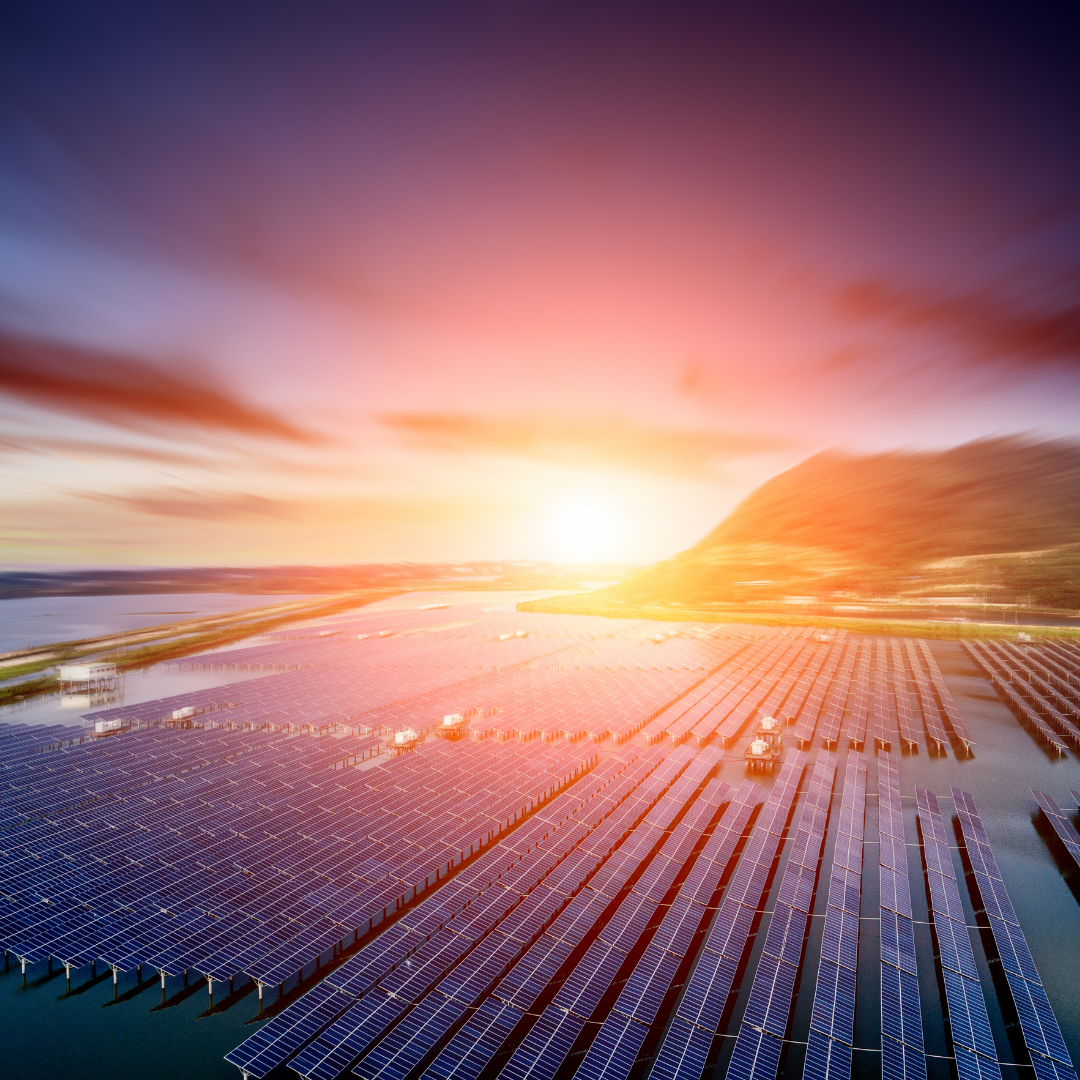
Conclusion
Solar energy has many advantages and disadvantages that must be considered when deciding whether it is the right energy source for households, communities, or businesses.
On the one hand, solar energy is clean, renewable, and widely available, making it an attractive option for those looking to reduce their carbon footprint and improve energy security.
It is important to weigh the pros and cons of solar energy and consider factors such as the cost of energy storage systems, land use requirements, and maintenance requirements.
Additionally, it is important to stay informed about advances in solar technology as researchers and engineers continually work to develop new and more efficient systems that can overcome some of the challenges associated with solar energy.
Ultimately, the decision to adopt solar energy will depend on the specific needs and circumstances of each household, community, or business. It is important to consult with a qualified expert to determine whether solar energy is the right choice for you.
I trust you enjoyed this article on Solar Energy Advantages And Disadvantages. Please stay tuned for more blog posts to come shortly.
JeannetteZ
Your Opinion Is Important To Me
Thoughts? Ideas? Questions? I would love to hear from you. Please leave me your questions, experience, and remarks about this Solar Energy Advantages And Disadvantages article in the comments section below. You can also reach me by email at Jeannette@Close-To-Nature.org.
>>>Please click here to read more about Solar Power on Wikipedia<<<
Disclosure
This post may contain affiliate links. I earn from qualifying purchases as an Amazon Associate and other affiliate programs. Please read my full affiliate disclosure.
You might also enjoy these blog posts:
15 Best Vegetables To Grow In Your Container Garden
All About Wild Turkeys – A Large Shy Bird
I did the keyword research for this blog
post in Jaaxy. Click on the banner
below and try it yourself for free.



